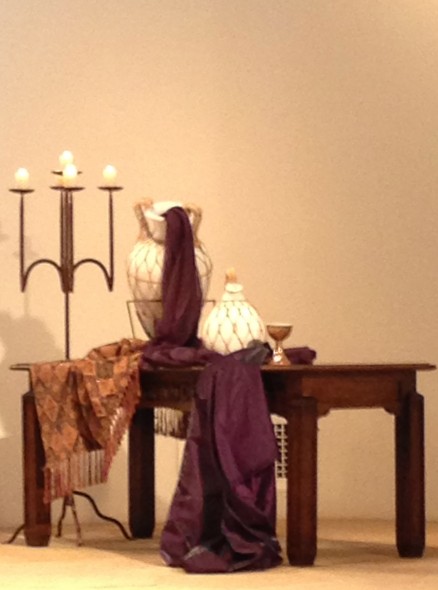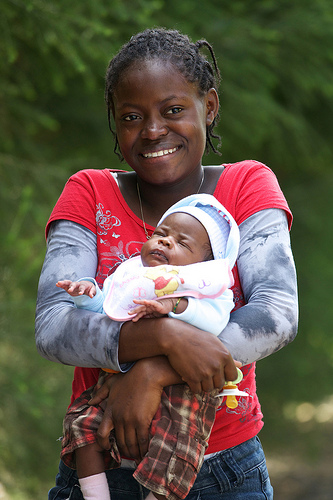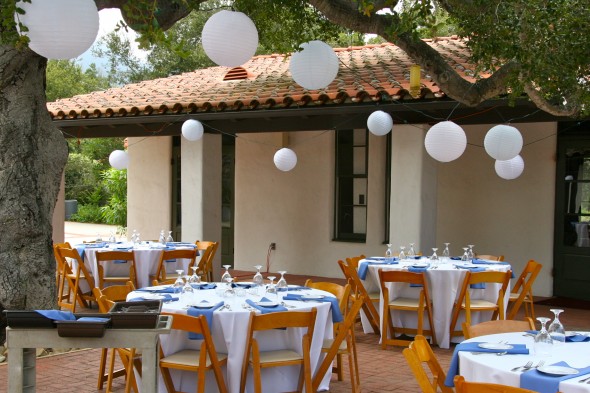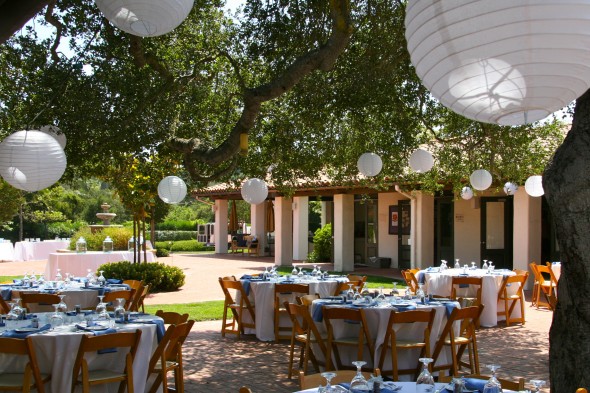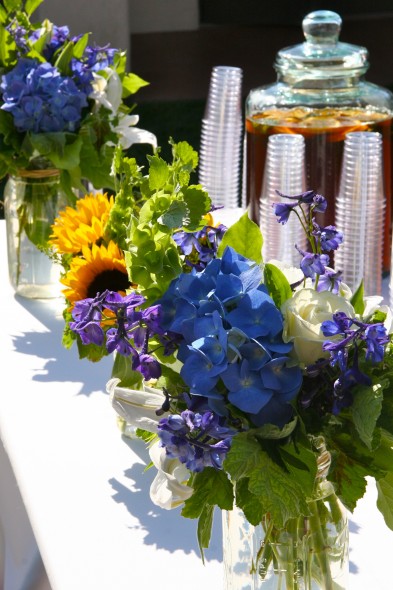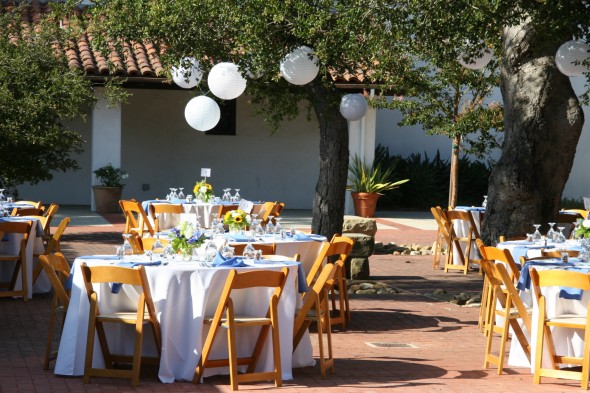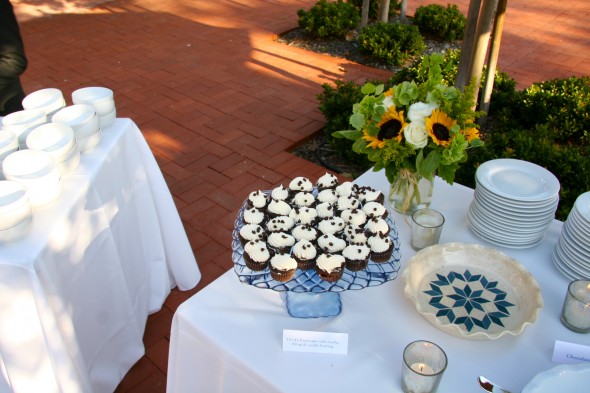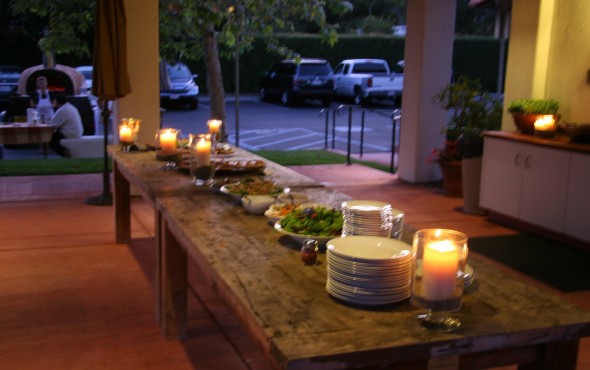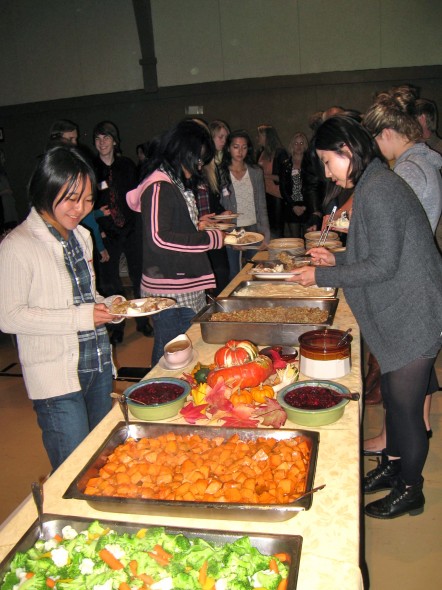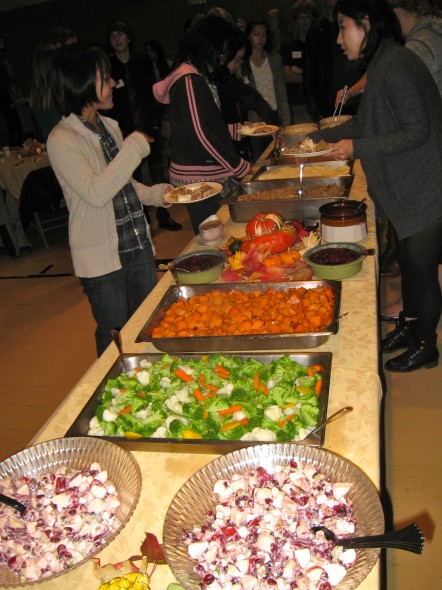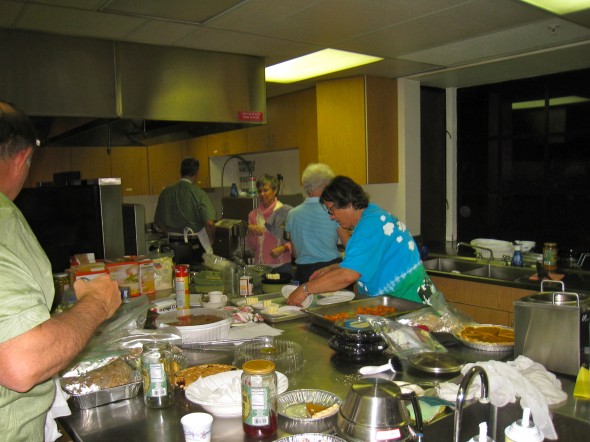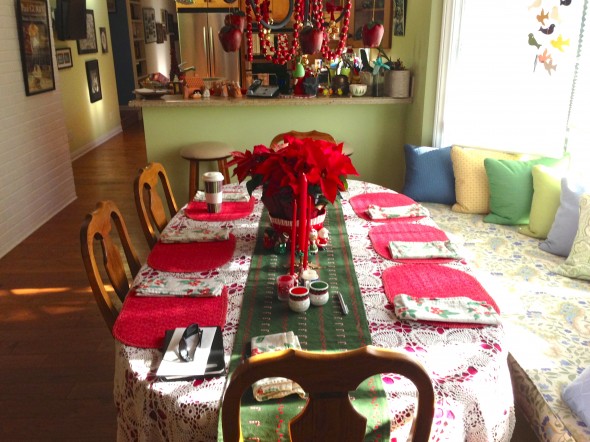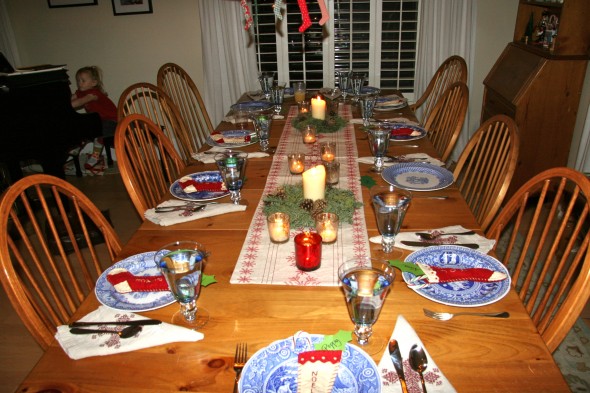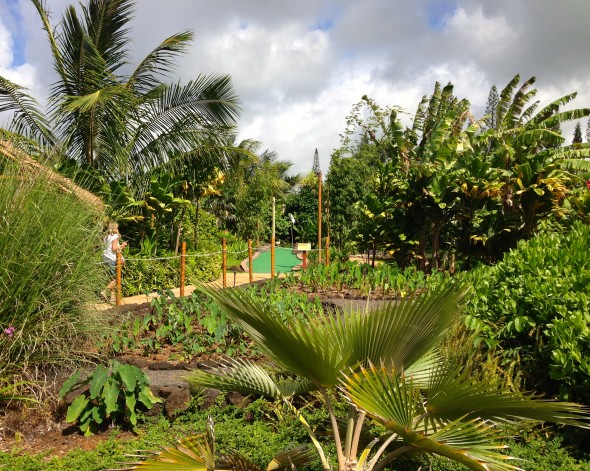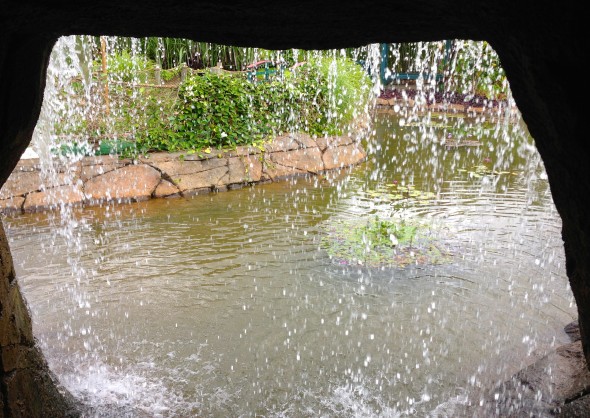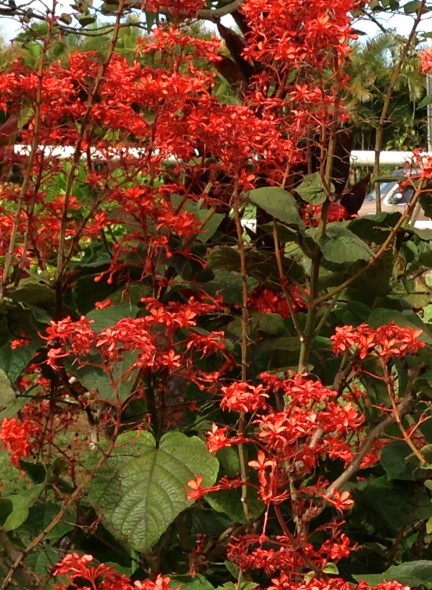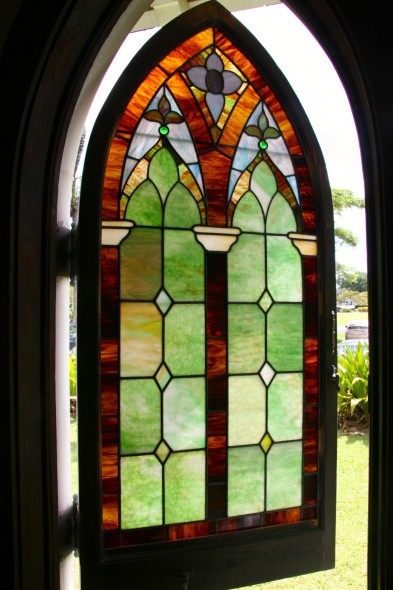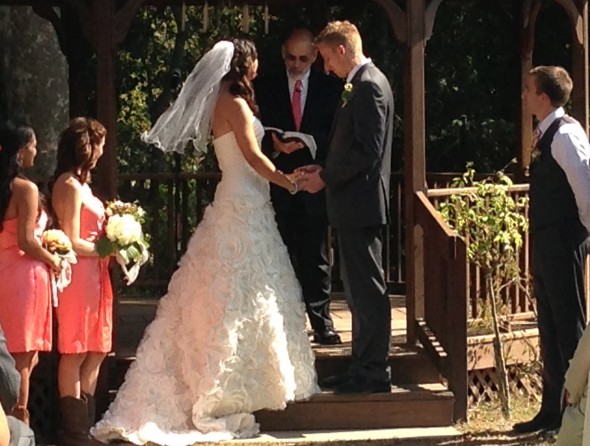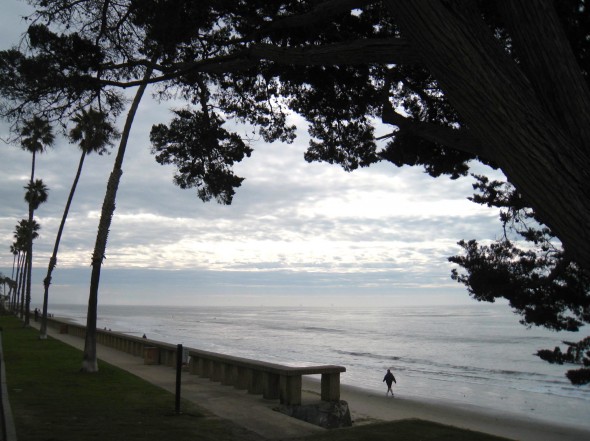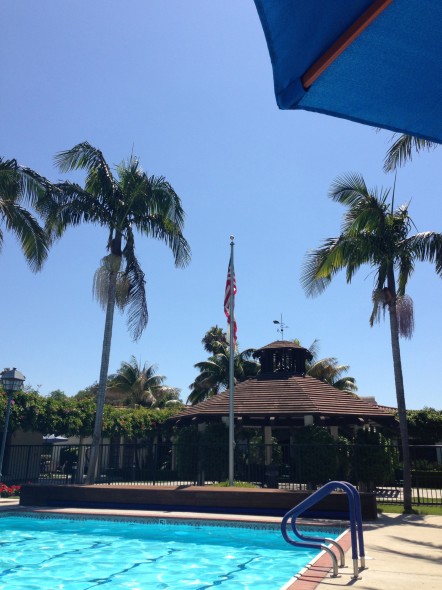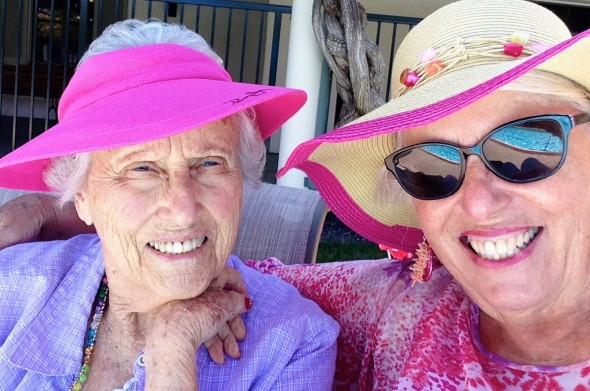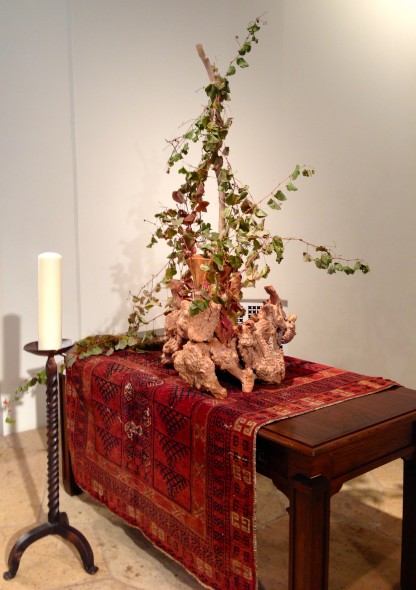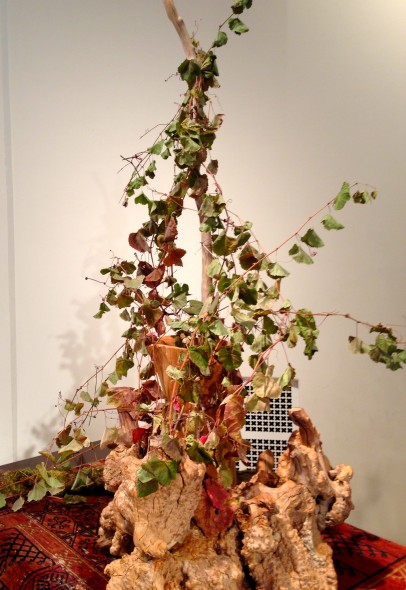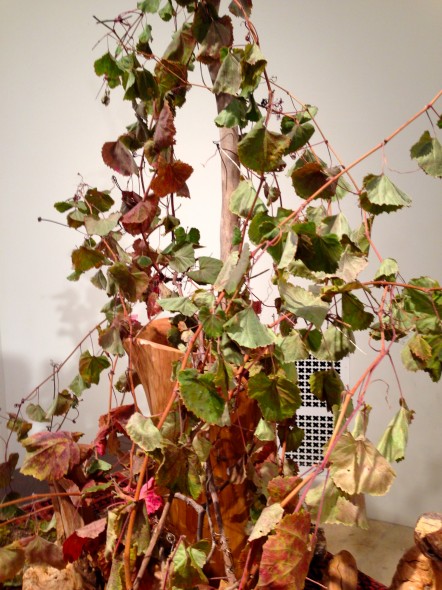Jesus is an interesting dude.
Full of surprises, un-pin-down-able, a fascinating amalgam of
human and divine, comforter and cattle prod.
Take the leap-off-the-bridge-into-the-chasm story in John 2, for instance.
In this narrative, Jesus is standing on a precipice.
Oh, it doesn’t look like much of a leap — he’s at a party, not a smack-down.
A wedding party, one of those 7-day deals in the ancient Middle East,
where everyone hangs around, eats and drinks and talks
and then eats and drinks a little more.
He’s just called his first five disciples, and is growing ever more surely into
his own sense of himself and his destiny. Jesus is getting ready to inaugurate
what he will soon call the Kingdom of God.
But other than some heartfelt conversations with his new followers,
he hasn’t done anything yet.
I’ve always found it fascinating that in John’s gospel, Jesus’ ‘coming-out’ party happens in
a small, country town at what was most likely a family gathering. I mean Luke has him in a synagogue, at least. And Matthew has him up on a hill, doling out powerful teaching by
the bushel basketful. Mark, who’s always in a hurry, leaps right into exorcism
and multiple healings.
But John?
In a backwater town, at a party.
And one where his mother is scurrying around, trying to make sure the tables are full,
the guests are happy, the details are being covered.
We’re moving slowly through the gospel of John at church this year, creating our own lectionary, reveling in the meatiness of this last-written of the stories of Jesus.
And the pastoral staff has called for ideas — literary, artistic, reflective —
to help us consider the story of Jesus as John presents it to us.
Yesterday, one of the resident poets in our midst read this wonderful
reflection on the opening verses of this story:
Mysterious Ways
“They have no wine,” his mother said to him.
He rolled his eyes. “Not now,” he whispered. “Mom,
please.” She didn’t care about his secrets.
Why bear the Son of God if all he does
is keep it to himself? Here was a time
to make the promise good—and please the neighbors.
“Forget it. Absolutely not. You don’t
have any idea what you’re asking me.
Woman, no.” And he rebuked her with
a godlike gaze. But mildly she turned
and told the servants, “What he tells you, do.”
– Professor Paul Willis (originally published in The Christian Century,
reprinted here by kind permission of the author)
You have no idea how validating it was for me to hear that poem!
I have an interesting relationship with my own son,
one that involves eye-rolling from time to time,
and whenever I read this small gem of a story,
I, too, see the eyes roll and hear the sighs heave.
But what I really love here? That off-handed comment to the servants.
Complete confidence that eventually this son would come around
to his mother’s way of thinking.
And so, with a series of simple imperatives — fill, take, bring —
Jesus steps out into the New World, the one where scarcity is no longer the norm,
where abundance surges forth from the most surprising places.
Water into wine, and not just any old wine, either.
The finest wine of the entire week of feasting,
the best stuff showing up at the last minute.
And then, like a seamstress picking up a sparkling piece of golden thread, John weaves this story together with the overarching theme of the entire book: GLORY.
“What Jesus did here in Cana of Galilee was the first of the signs through which he revealed his glory, and his disciples put their faith in him.” (verse 11)
Overflowing wine, delicious wine, the BEST wine —
yet only the servants and the disciples know its source.
Doesn’t sound all that glorious, you know?
The crowds are not pressing in with words of acclaim,
the sky has not opened, the lame do not walk, the lepers are not cleansed.
But John tells us that GLORY happens here,
in the side patio of a sleepy town, where a party is winding down.
GLORY.
Most of the time, I live a pretty ‘small’ life.
I stay home a lot, I entertain and/or visit with family, I write notes on Facebook.
I like my smaller world these days, yet I don’t often think of anything I do
as somehow a reflection of GLORY.
But I’m rethinking that this morning.
I’m wondering if maybe we sell ourselves short,
or more importantly, if we sell God short.
Maybe it’s part of the scarcity mindset, the fear that we don’t have enough,
that we aren’t enough.
Wherever it comes from, I find myself praying today that I can
move away from scarcity thinking to reflecting on, remembering, celebrating,
and even reveling in the abundance that is mine.
Because the truth is this:
NOTHING is small in God’s economy,
NO ONE is forgettable in God’s memory.
And if Jesus can usher in the kingdom with no one
knowing it but the servant and five rag-tag disciples,
maybe we can be kingdom-bearers
in the middle of the dishwater,
the lawn that needs mowing,
the wiping of noses and the changing of diapers,
the attention we give to our school work,
the ‘hello’ we offer to the guy in the next cubicle,
the kindness we show to the salesclerk,
the interactions we have with neighbors,
the time carved out to be with aging parents,
the offering of hospitality even when we may not think we’re ‘ready.’
After all, Jesus hesitates for a moment in this story.
“Not yet!” he tells his mom.
And then, he turns to the servants.
Joining this with Michelle, Jennifer, Ann and Emily this week:

